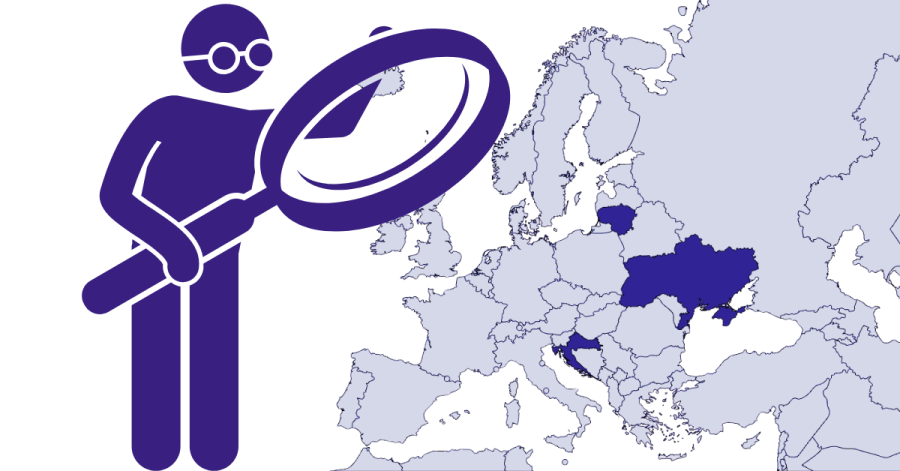Kyiv, Vilnius, and Zagreb have been named among the Top 20 Rising Tech Hubs globally in Dealroom’s newly released Global Tech Ecosystem Index. The report, which evaluates the performance of 288 cities worldwide, puts a spotlight on ecosystems showing strong momentum relative to their size and local economic context.
The ranking highlights cities that are seeing rapid growth in enterprise value and the number of unicorns, adjusted for GDP per capita and cost of living. While well-known hubs like San Francisco, Paris, and London remain global leaders, Dealroom’s “Rising Stars” category focuses on emerging ecosystems that are gaining ground at an accelerated pace.
A growing role for CEE cities
The inclusion of Kyiv, Vilnius, and Zagreb in the Top 20 points to the increasing relevance of Central and Eastern European cities in the global startup landscape. Each has seen notable ecosystem development over the past few years—driven by a mix of local talent, growing investor interest, and policy support.
Other CEE cities also feature in the rankings, though outside the Top 20. Warsaw (#21), Athens (#23), and Prague (#24) are close behind, while Sofia (#73), Bucharest (#75), and Budapest (#80) round out the broader list. Together, these results indicate a broader trend: while the region still trails behind larger ecosystems in terms of absolute investment levels, it is gaining traction in relative terms.
Context within Europe and globally
Dealroom’s report also tracks where Europe stands in the global AI race. Paris ranks #5 globally as an important AI hub, followed by London (#7) and Munich (#11). In 2024, AI investment reached a record high, capturing 33% of all global VC funding—up from just 7% in 2014. However, most of this capital went to the United States, where AI startups raised $85 billion last year. European AI startups, by comparison, secured $13 billion. Despite this gap, the emergence of smaller tech hubs across Europe suggests more diversified growth ahead.
In Deep Tech, Paris remains a leading player, joining the top three cities globally. Cambridge also made the global Deep Tech list, reflecting its strong university-industry ties. While overall tech investment is down 63% from its peak, Deep Tech has proven more resilient, falling just 13% from its high in 2021.
Takeaways for the region
Dealroom developed the index in response to growing demand from policymakers and investors seeking to better understand their local innovation ecosystems. One of the report’s key messages is that high-performing startup ecosystems are no longer confined to traditional tech hubs.
The presence of Kyiv, Vilnius, and Zagreb in the Top 20 Rising Tech Hubs suggests that cities in CEE are increasingly well positioned to compete globally—especially when ecosystem growth is assessed relative to local economic conditions.
While the region still faces challenges—such as uneven access to late-stage funding and limited global visibility—these findings point to meaningful progress. For local stakeholders, the data provides a useful benchmark; for international investors, it may be a signal to look more closely at emerging opportunities in CEE.








